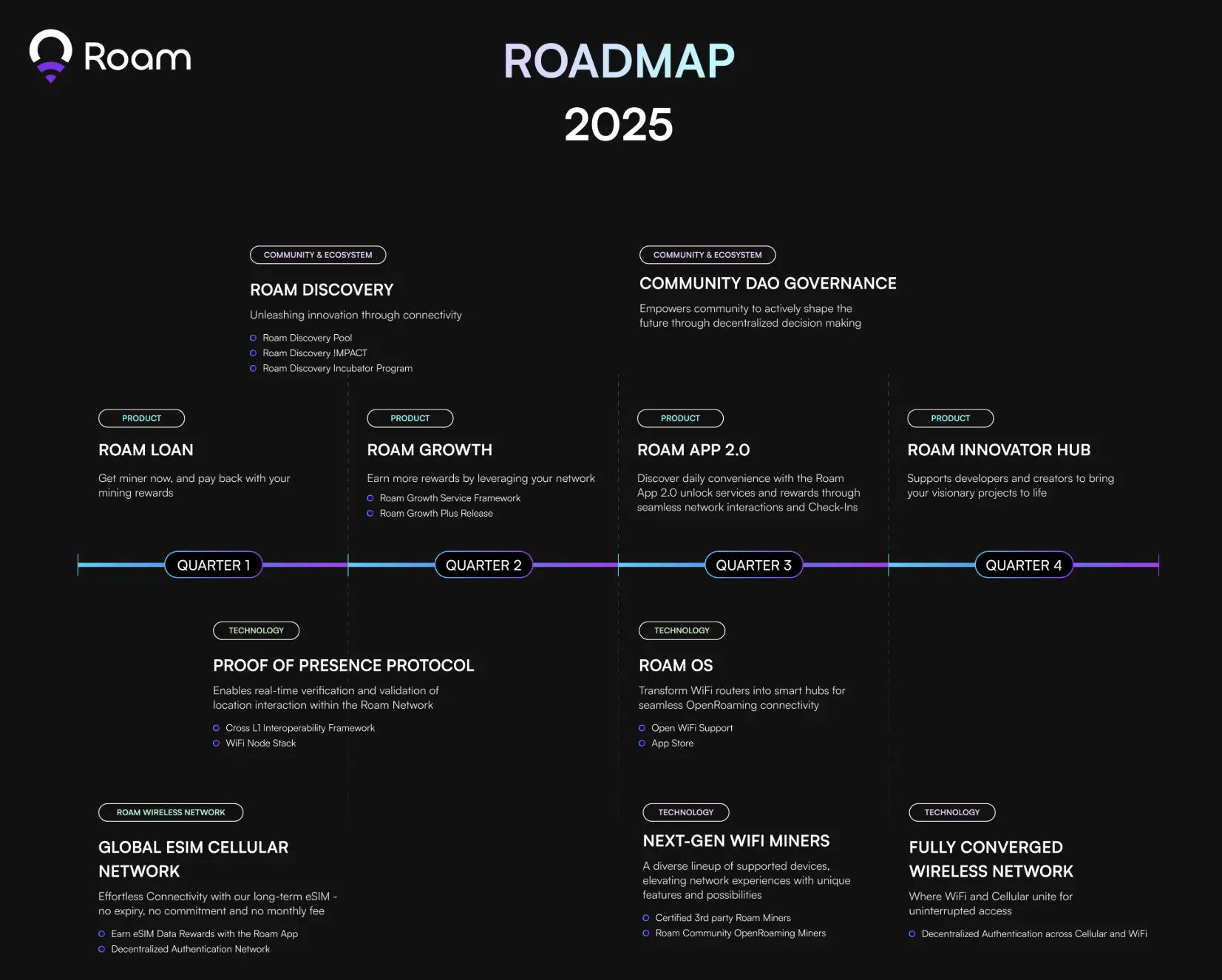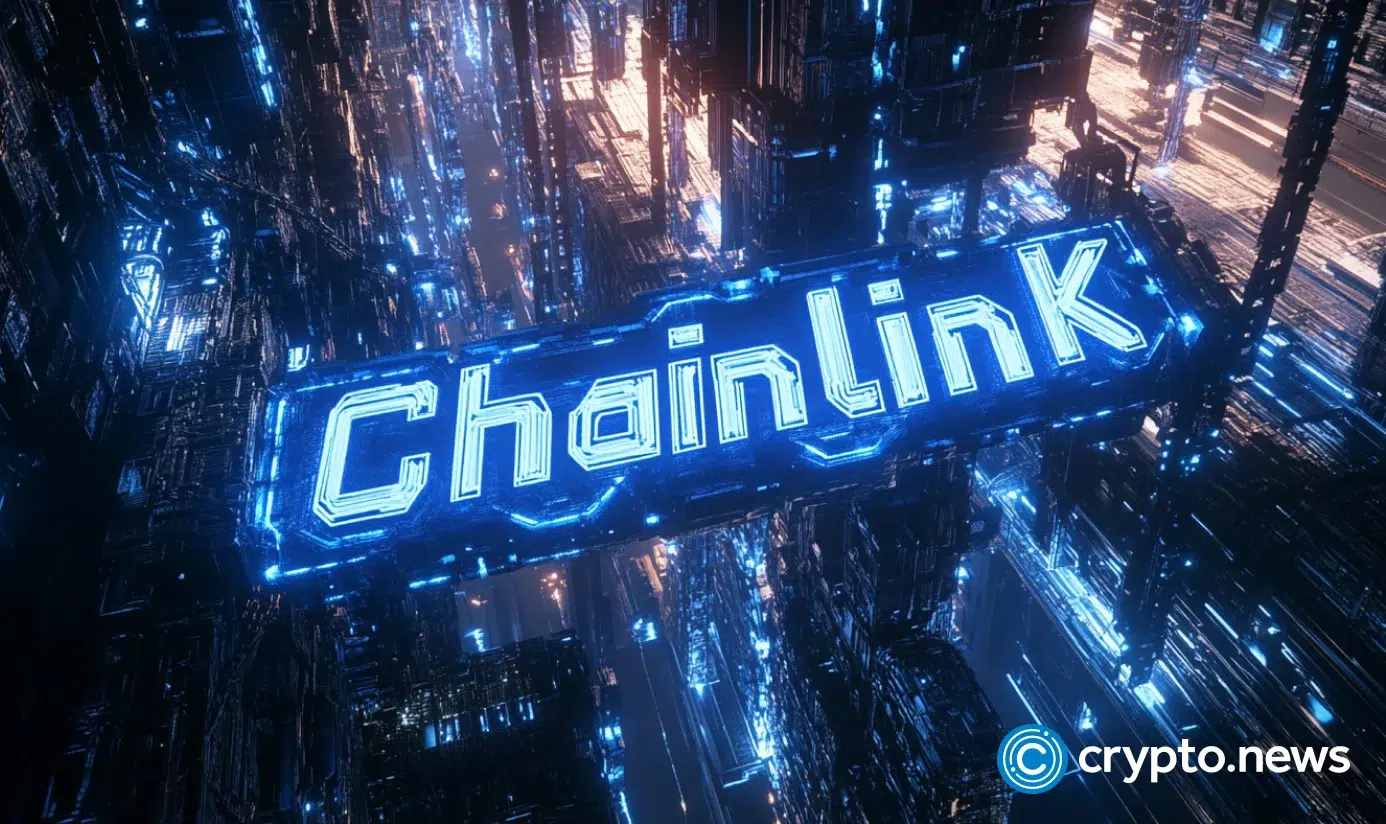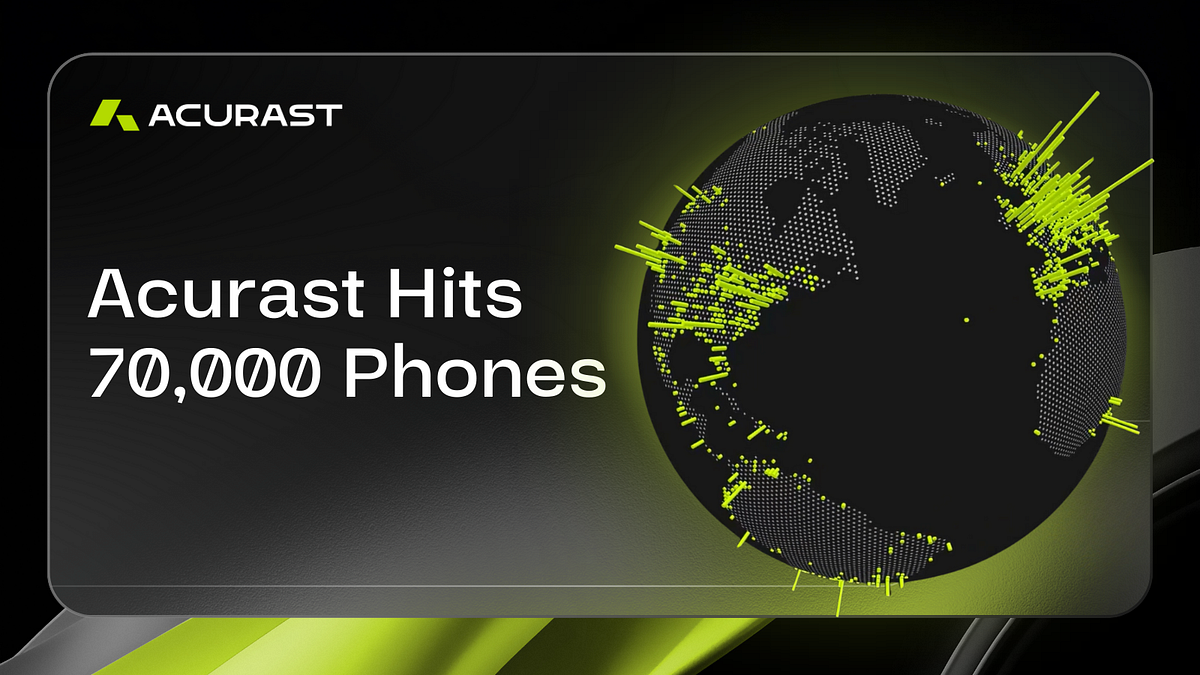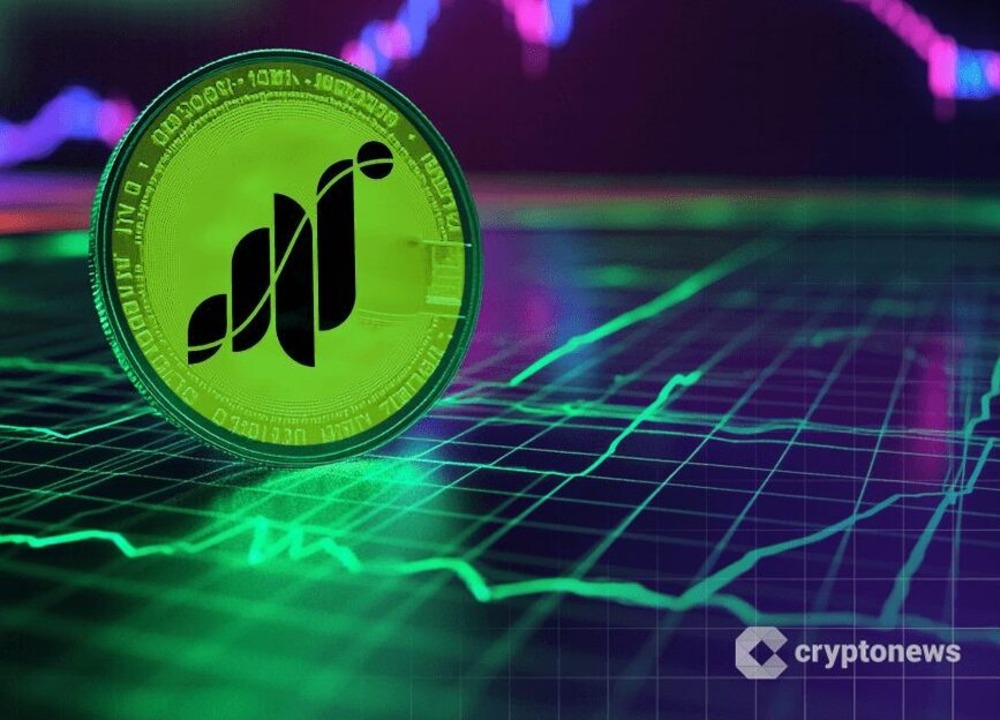Roam Unveils 2025 Roadmap with Major Product Developments

The DePIN project Roam has recently unveiled its “2025 Roadmap,” highlighting significant advancements across six major product lines, including innovative WiFi hardware devices. The roadmap outlines that the Roam Loan and Roam Discovery products are set to launch in the first quarter of 2025, while upgrades to the existing Roam Growth product will be finalized by the second quarter. Additionally, the second half of the year will see the rollout of the new version 2.0 of the Roam APP, alongside the introduction of the Innovator Hub, aimed at fostering developer engagement in the ecosystem’s co-construction.
On the technical front, Roam is set to prioritize the Proof of Presence protocol in the upcoming year, which will facilitate real-time verification of local interactions within the Roam network. Furthermore, the launch of Roam DAO is anticipated in the latter half of the year, marking a significant step towards decentralized governance. By the end of 2025, Roam plans to achieve full integration of WiFi and cellular data networks, enhancing connectivity for its users.
Currently, Roam boasts over 1 million global WiFi nodes and has attracted more than 1.72 million users. The project has consistently held the top position in the DePINscan hardware node count leaderboard since December 3. ChainCatcher advises readers to approach blockchain developments with a rational mindset, emphasizing the importance of risk awareness and caution regarding virtual token issuances and speculative activities. All information provided is intended for market insight and does not constitute investment advice.
Related News





